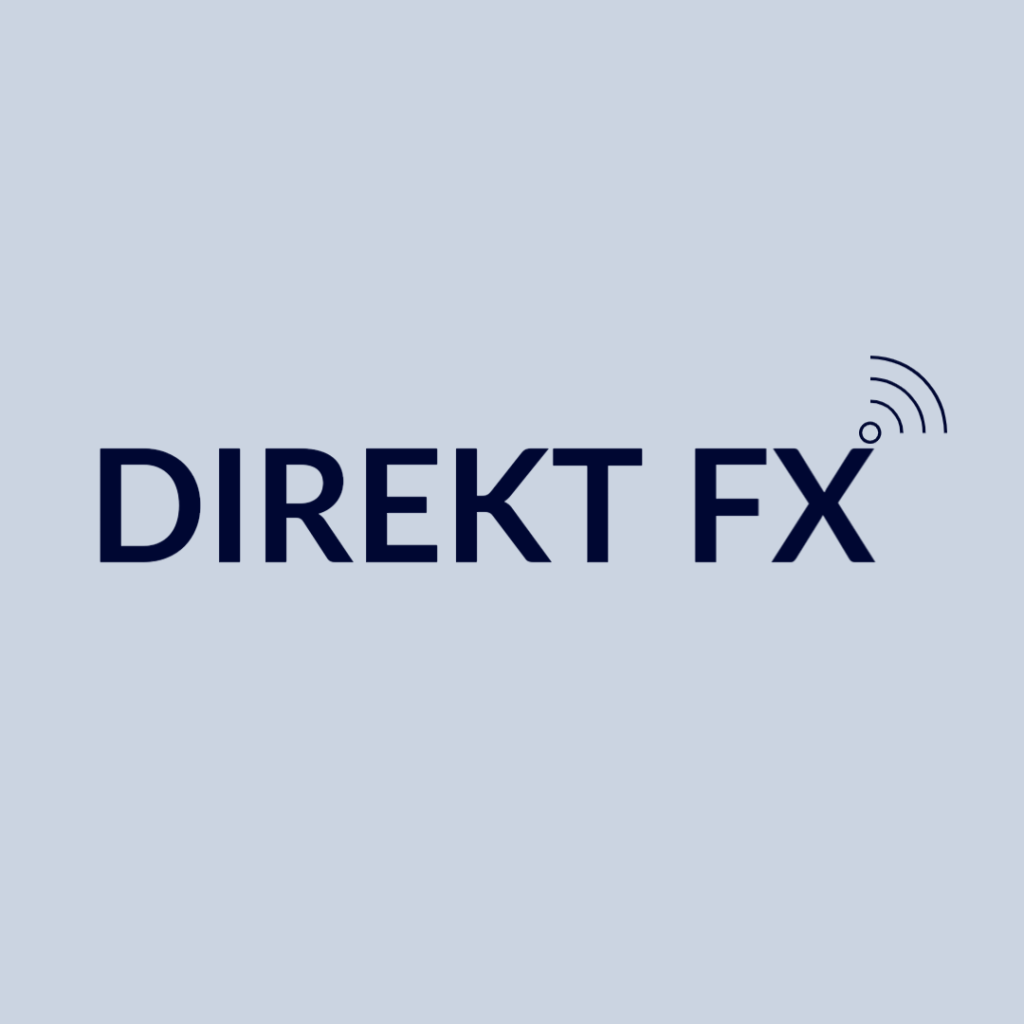
Trust as the New Currency in the Fintech Era
In the fast-paced ecosystem of financial and fintech services, one of the most valuable and often underestimated assets is user trust. In a landscape where new companies emerge almost daily, and where many fail to meet even the minimum standards for service, security, and transparency, users are faced with an increasingly common dilemma: who can they trust?
The expansion of the fintech sector has democratized access to financial services, but it has also fragmented the landscape. While this openness has enabled greater financial inclusion, it has also led to a proliferation of providers with drastically varying levels of quality, compliance, and customer support. The result is a fertile ground for misinformation, deceptive advertising, and deep consumer frustration.
The cost of this distrust is significant: losses of capital, wasted time, and, most importantly, a deep erosion of the entire industry’s credibility. This creates a critical and urgent need to establish real and transparent evaluation standards, beyond what each company communicates through its own marketing efforts.
The Solution: Decentralized and Real-Time Evaluation Systems
A revolutionary proposal emerges: to create a system in which fintech and financial companies are not ranked based on how much they spend on advertising or SEO positioning, but instead on the real experience of their users, validated through technology, objective metrics, and quality-controlled data.
This is where Liquidity24 comes in — an initiative designed to be a turning point in how industry players are evaluated and selected. Its premise is simple yet powerful: to provide a real-time ranking platform, based on verifiable data, artificial intelligence, and social validation.
Unlike traditional paid directories or ranking models, Liquidity24 is built on a decentralized architecture of user opinions and experiences, where every review and rating is analyzed, categorized, and audited to avoid manipulation or systemic bias.
Of course, a platform of this nature faces major challenges. One of them is the natural bias in reviews from users with low financial literacy, who may misunderstand terminology, processes, or contractual conditions.
The solution is not to censor these opinions, but to train artificial intelligence models capable of weighting, filtering, and contextualizing them — complemented by educational insights. In doing so, the platform not only evaluates, but also educates the user and adds value to the evaluated company, guiding it to improve its internal processes.
Another key component is the constant monitoring of activity flow, something every tech and marketing company should adopt as a standard practice. Platforms like Liquidity24 must implement robust systems for content and traffic supervision, enabling them to detect abuse patterns, smear campaigns, and most importantly, validate the authenticity of the information presented.
In short, Liquidity24 is helping to build a digital trust infrastructure capable of redefining the rules of the financial sector. Instead of rewarding those who spend the most on marketing, it rewards those who deliver the best documented user experience. Instead of relying on internal or private metrics, it promotes a transparent, open, and collaborative environment.
The message is clear: in an industry where trust is the most valuable currency, transparency is not optional — it is imperative. And those who understand this before others will not only gain market share, but build long-lasting, sustainable, and — above all — trustworthy brands.
Written by Stephany Rojas Duque
Fintech and Brokerage Technology Expert





